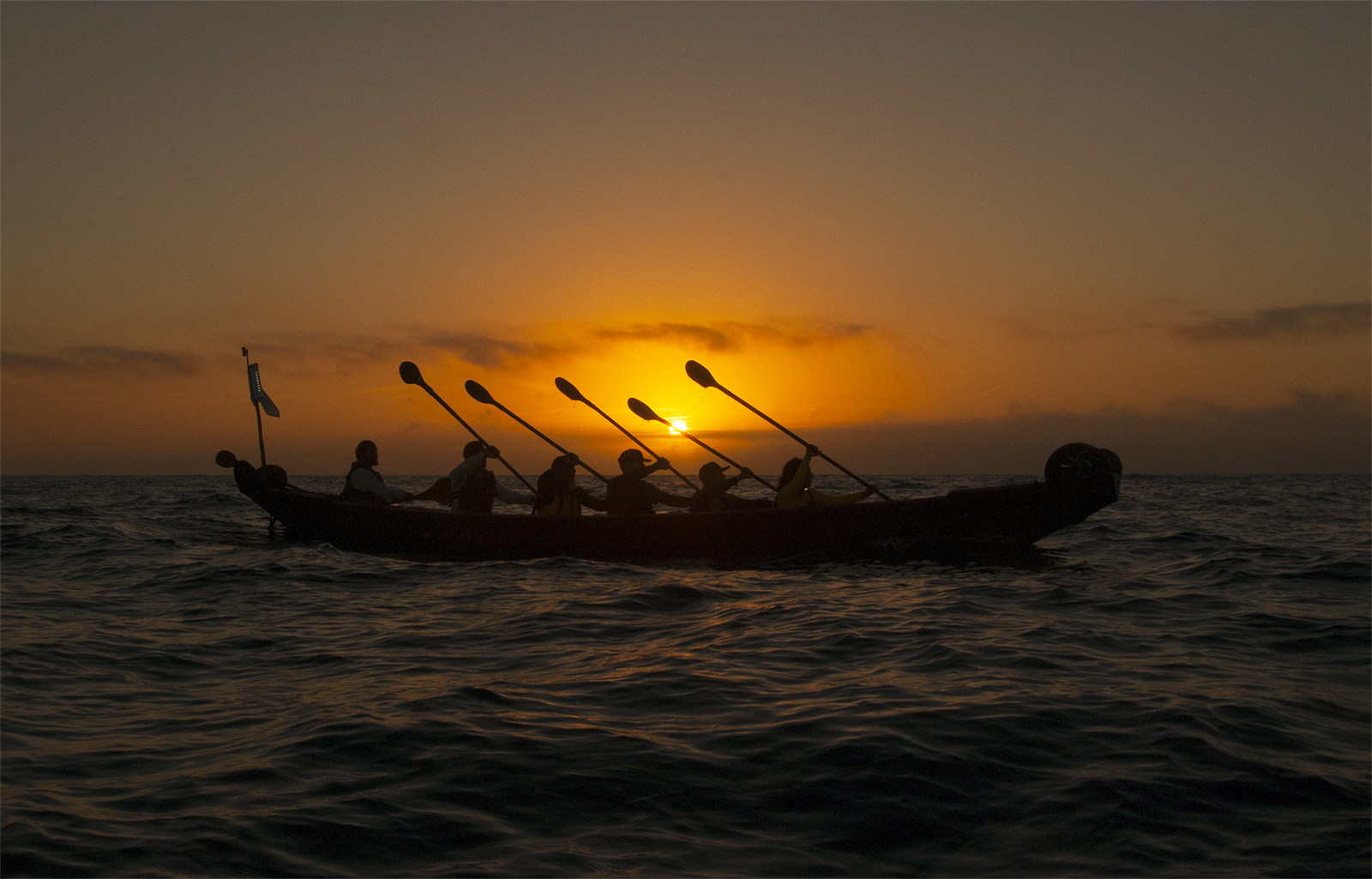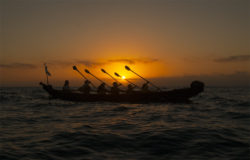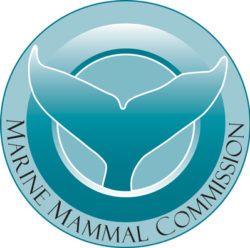
CHOW Plenary Deep Dive — Indigenous and Local Knowledge: Wisdom for Strengthening Conservation

Tomol crossing at sunrise in Channel Islands National Marine Sanctuary. Photo credit: Robert Schwemmer/NOAA

 Strengthening Conservation”
Strengthening Conservation”